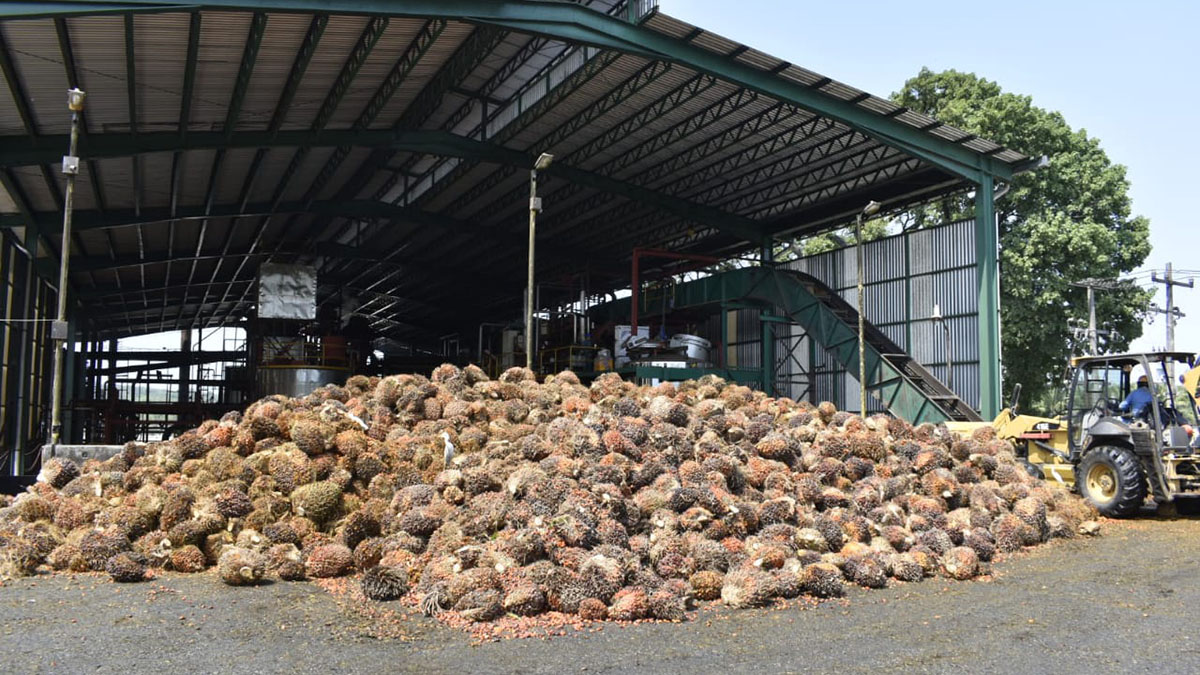In 2022, Solidaridad reached an agreement with the European company AAK to support the company in achieving their sustainability objectives through improved production practices and the well-being of producers.
“Despite its reputation, oil palm is the plant that yields the most oil per hectare. Moreover, it’s a crop that can be harvested every 15 days throughout the year, allowing producers to have a steady income. For this reason many smallholders have found a livelihood in it.”
– Javier Anaya, Project Officer at Solidaridad in Mexico.
AAK specializes in vegetable oils used in many everyday consumer products. Like Solidaridad, they believe that long-term sustainable growth depends on making positive impacts throughout the entire supply chain.
The agreement has three intervention areas:
Socioeconomic study to reinforce sustainability
Solidaridad has developed a socio-economic study to support AAK to understand the current living conditions of palm oil smallholders and their current income level. This study was conducted in three communities located on the Southern Pacific Coast of Chiapas, and will be incorporated into AAK’s Sustainability Program.
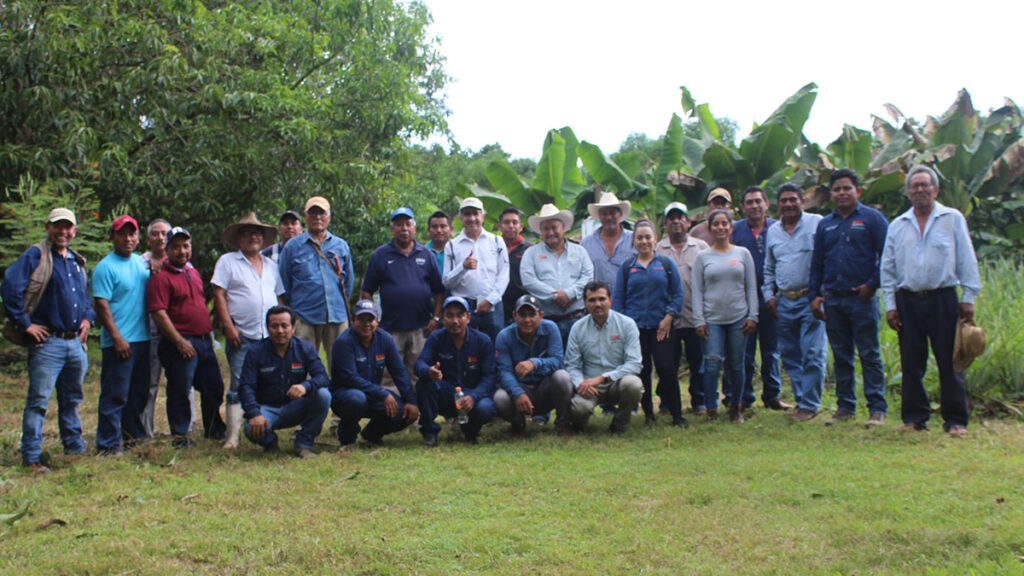
Digital tools were used for the survey, selecting representative participant samples from each community and factoring in small, medium, and large-scale producers over the course of a year.
The socioeconomic study generated:
- An evaluation of the socioeconomic situation of oil palm smallholders in the southern coast of Chiapas.
- Recommended indicators that will help AAK meet their corporate sustainability objectives, and a suggestion on what and how to measure relevant aspects of the livelihoods of producer families, specifically taking into account decision-making, the role of women, closing the generational gap, and the economic relevance of palm fruit sales.
- An implementation and operational plan, including a measurement plan and indicators to track progress so that AAK can measure impacts.
At Solidaridad, we believe that increasing productivity, adopting sustainable practices, and ensuring a decent income are vital for improving the quality of life for smallholders. Sustainable palm oil is possible, as illustrated in this story from Cristobal Choc in Guatemala.
Multi-stakeholder platform for Zero Deforestation
The second intervention area is the establishment of a multi-stakeholder platform for a Zero Deforestation Agreement (ZDA) in the area of the Southern Pacific Coast of Chiapas, within and around the La Encrucijada Biosphere Reserve. This project has a duration of 3 years.
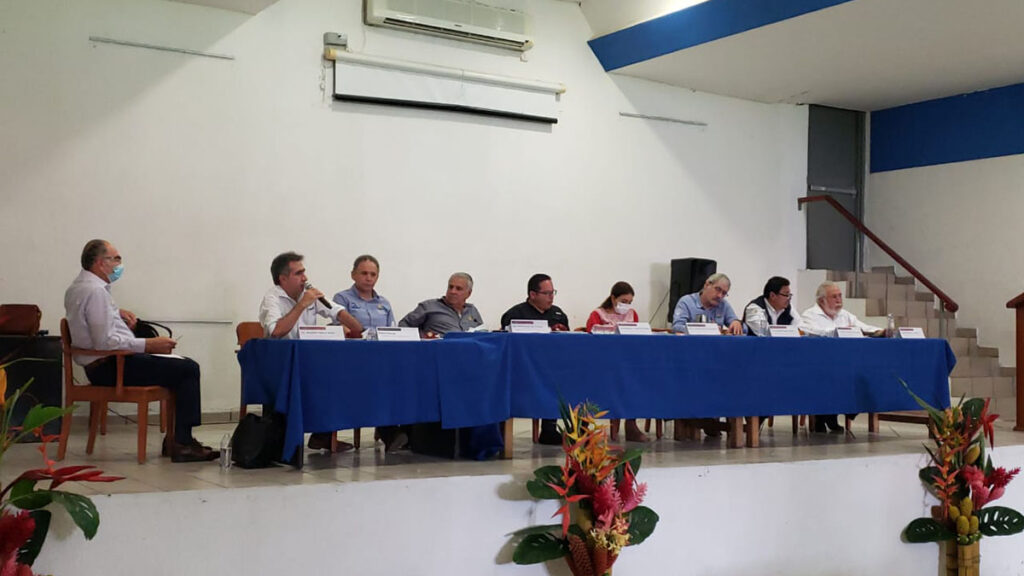
This project aims to strengthen the knowledge and capabilities regarding Zero Deforestation commitments among smallholders, companies, and other relevant stakeholders in the region.
This project seeks to:
- Raise awareness about deforestation and the degradation of natural resources.
- Develop capacities and share knowledge about the importance of biodiversity conservation in the palm oil value chain and the demand for compliance with AAK’s sustainability policies on “No Deforestation, No Peat, and No Exploitation (NDPE).”
- Disseminate information and data to stakeholders explaining the importance of conserving natural resources, forest remnants, protected areas, and biodiversity.
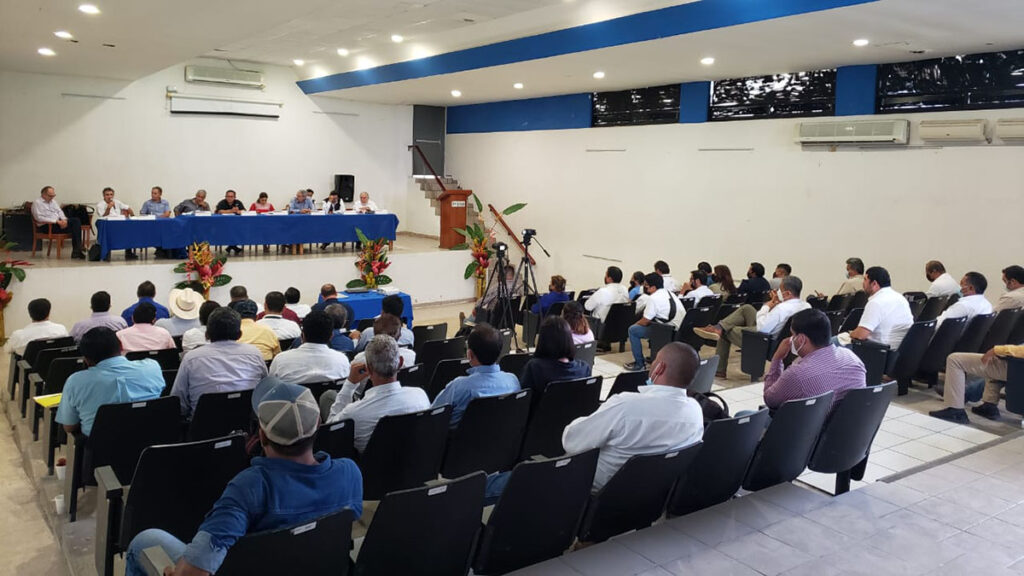
“The signing of this Zero Deforestation Agreement will greatly benefit smallholders exporting to Europe, as the new law requires a zero deforestation certificate.” – Javier Anaya, Project Officer at Solidaridad in Mexico.
Diagnosis and mitigation plan for the prevention of contaminants
The third intervention area aims to establish an action plan for identifying, measuring, and preventing contaminants in the production and processing of palm oil at the Zitihualt company, in compliance with international quality standards. Zitihualt specializes in the production of edible oils and fats and is part of the Mexican refinery that exports to AAK in Europe.
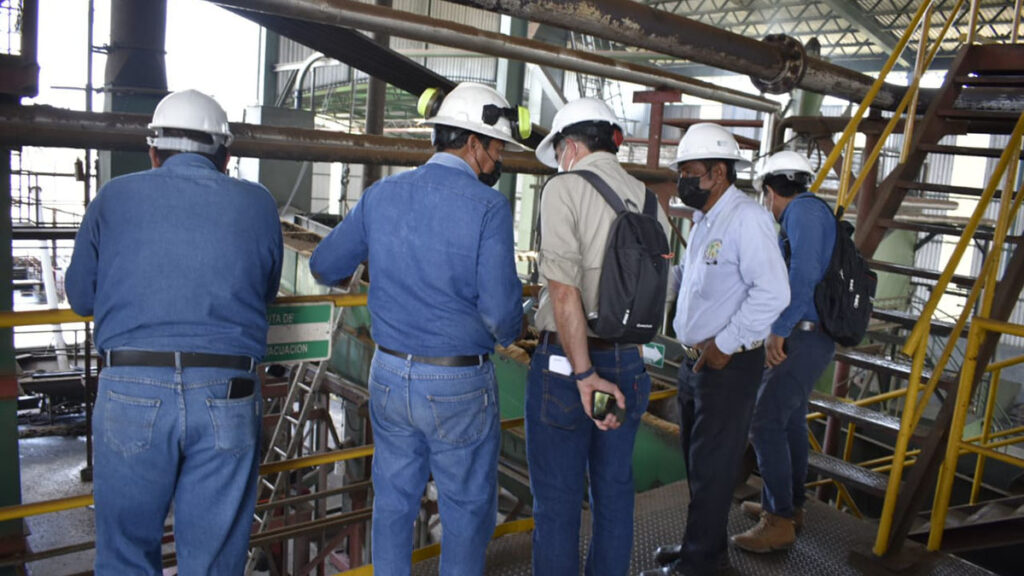
“It is very important that the oil extraction process is done cleanly, and because of that, a diagnosis of the entire industrial process must be carried out to detect any contamination.” – Javier Anaya, Project Officer at Solidaridad in Mexico.
During the visit, an initial training session was conducted, and the following products were created:
- Diagnosis.
- Handbook of Good Practices for contaminant management.
- Work plan to reduce contaminants in the plant, including key performance indicators (KPIs) for monitoring contaminants.
- Training in good practices and standards for monitoring MOSH/MOAH contaminants in key staff.
- Investment plan necessary to implement good practices.
- Progress report and mitigation plan update, including recommendations for continuous improvements and lessons learned.
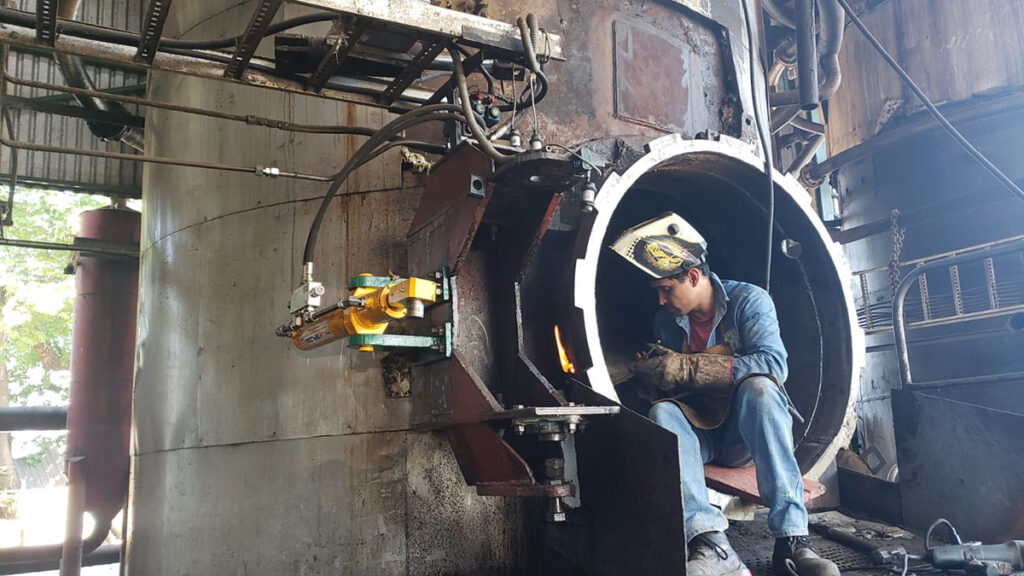
Alliances for long-term sustainability
At Solidaridad, we believe that alliances and intervention throughout the supply chain are essential for achieving real change and sustainability. In Central America and Mexico, we have been reorienting the palm oil chain towards more sustainable and inclusive practices for seven years.
“We are very pleased with this partnership with AAK. We are already seeing good results and continue to make progress towards achieving the goals of this agreement.” – Javier Anaya, Project Officer at Solidaridad in Mexico.

